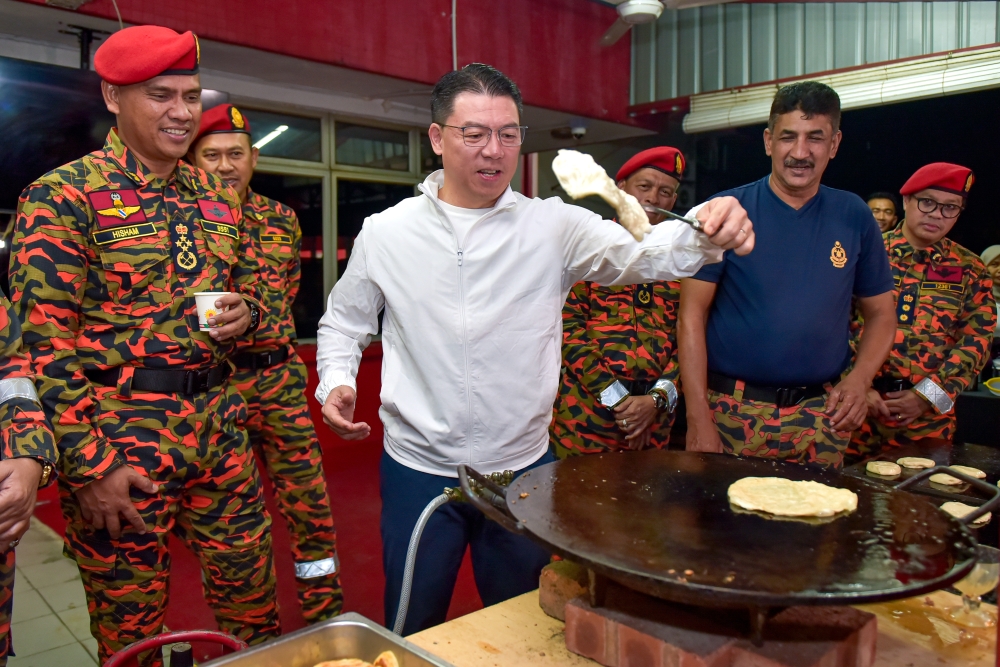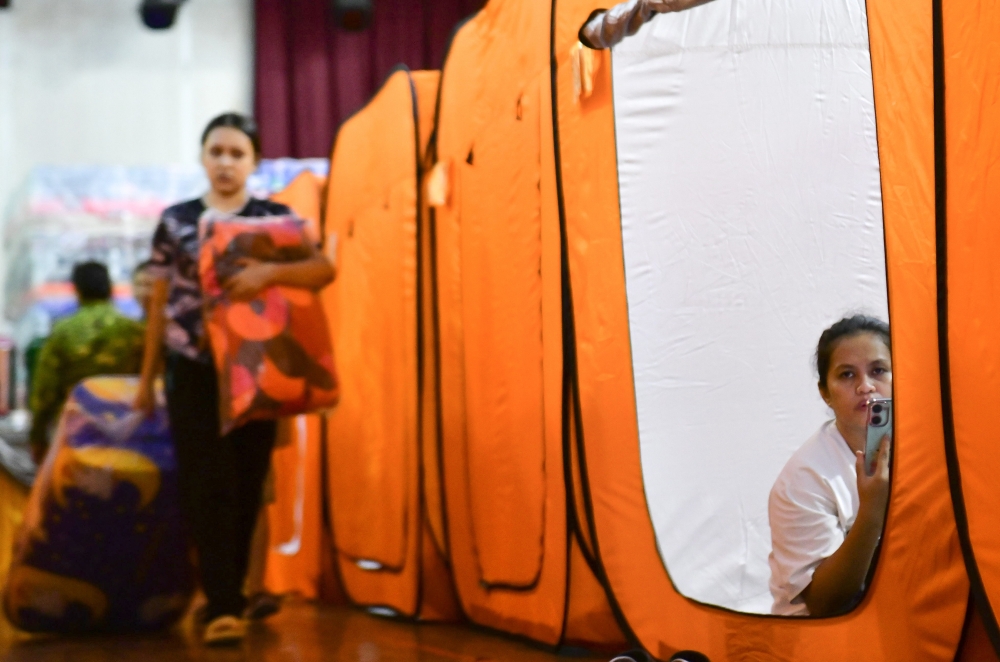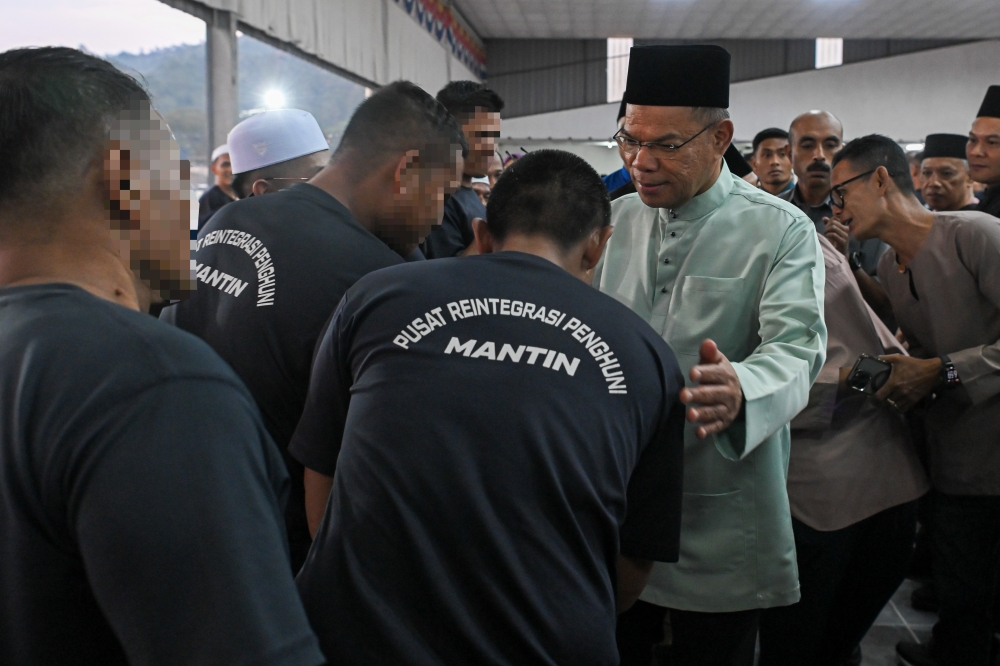KUALA LUMPUR, March 18 ― The National Security Council (NSC) today told Malaysians to remain home and not to go out except for essential needs during the nationwide two-week shutdown that aims to slow down the spread of the Covid-19 outbreak.
The NSC also advised Malaysians to practise social distancing ― or staying at least one metre apart from each other ― to minimise their risk of being infected with Covid-19.
“To enhance the effectiveness of this Restriction of Movement Order, the public is advised to be at home at all times except to fulfill basic needs,” it said in its latest statement released at around noon today.
The government’s two-week order to restrict the movement of Malaysians and to ban public gatherings are part of efforts to prevent crowds from forming, as it is easier and faster for the Covid-19 virus to spread among crowds.
Malaysia recorded its first two deaths from Covid-19 yesterday while total cases also rose to 673 confirmed infections.
The NSC also released today a detailed list of essential services and a very limited list of non-essential services that are allowed to continue operating during this two-week period starting from today until March 31.
Level of activities allowed for essential services and businesses
For the list of essential services, the NSC said all banking and financial services — including the stock exchange, ATMs, cheque deposit machines, online services — will go on but with counter services to be at a minimal level.
NSC said those to continue are electricity-related operations, repair and maintenance; fire and rescue services; postal and courier services including counter services; while detention facilities such as prisons, immigration depots, lock-ups, temporary detention centres will continue to operate but with visits banned.
Also to carry on are petrol stations, production, storage and supply of fuel and lubricants.
As for health services, those that can go on are clinics, hospitals, public and private pharmacies, registered traditional medicine stores, dialysis centres and veterinary services, with no visits to patients allowed except for critical cases based on the Health Ministry’s current rules.
Alternative treatment centres must, however, close during this period, according to the NSC list on essential services.
Also to go on are waste management services; broadcasting and information services; call centres, data centres, operations and maintenance of telecommunication services (except for counter services that will be closed); transportation by land, water or air including e-hailing; wildlife services; and water services.
For important services under the government and statutory bodies — namely airlines, customs and excise, immigration, the Malaysian Maritime Enforcement Agency and marine department, meteorology, printing, registration and the Road Transport Department — enforcement will go on while counter services will be at minimal levels.
The police and armed forces’ operations and enforcement will continue, with operations, maintenance, supply and services of industries and businesses related to security and defence will also continue on.
For all the above, general administrative work will either operate at a minimal level or be at a work-from-home basis.
As for restaurants, hawkers, food trucks, food courts and restaurants within hotels, the NSC’s list bans dine-in customers but allows supply of ingredients, takeaway, delivery and drive through.
According to the NSC list, night markets and farmers’ markets are not allowed, while shopping malls are to be closed except for groceries and food outlets.
Supermarkets, grocery stores, convenience stores and wholesale markets can continue to operate with deliveries allowed, but with the number of buyers per family when buying daily essentials to be restricted.
Online services and e-commerce will be allowed.
Hotel guests must remain in their rooms throughout their stay and can only order food via room service with hotel kitchens only allowed to operate for room service, while other facilities at hotels such as gyms, swimming pools, pubs, bars, restaurants and spas are not allowed.
As for the NSC’s list on non-essential services and activities, car repairs and vehicle towing services are allowed. The full details on such non-essential activities can be found here in this report.
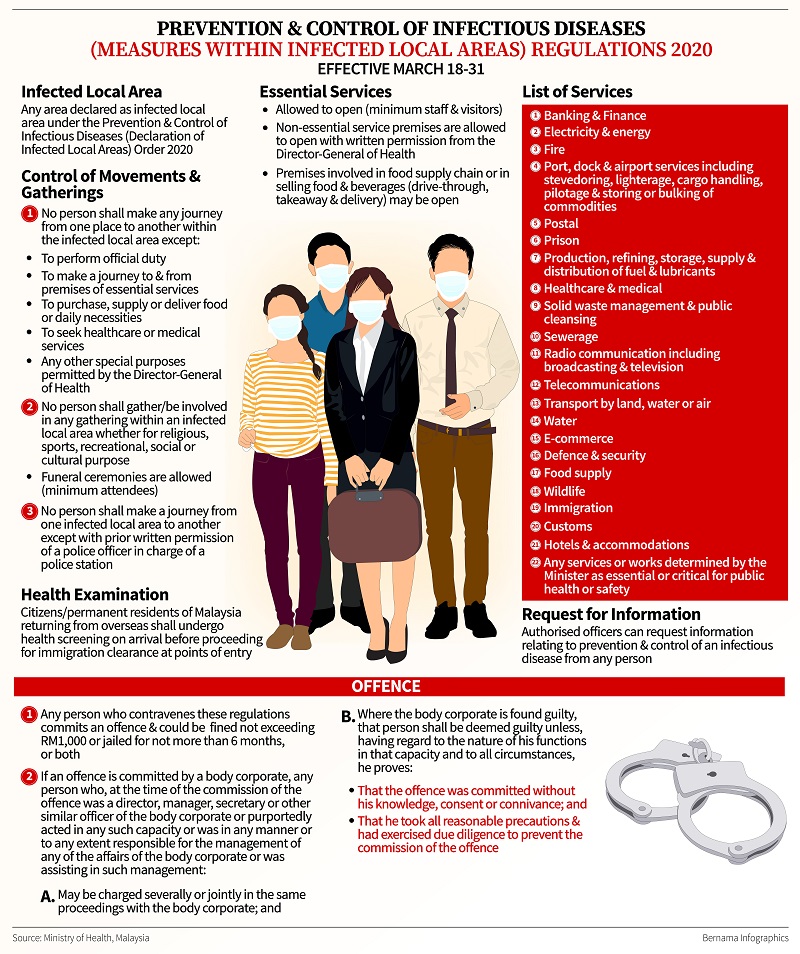

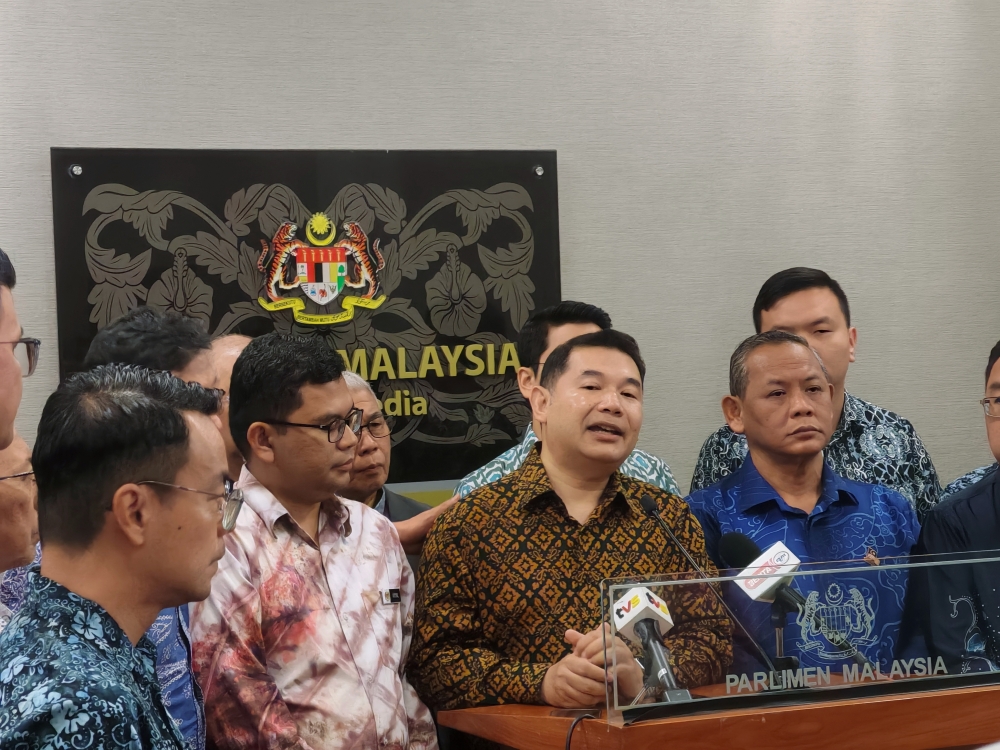
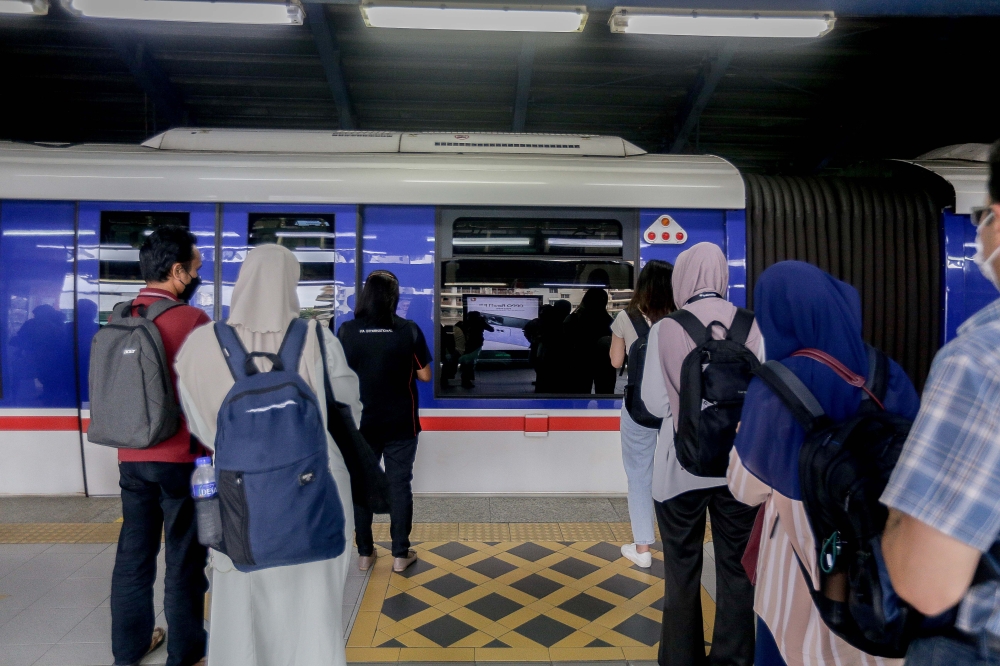
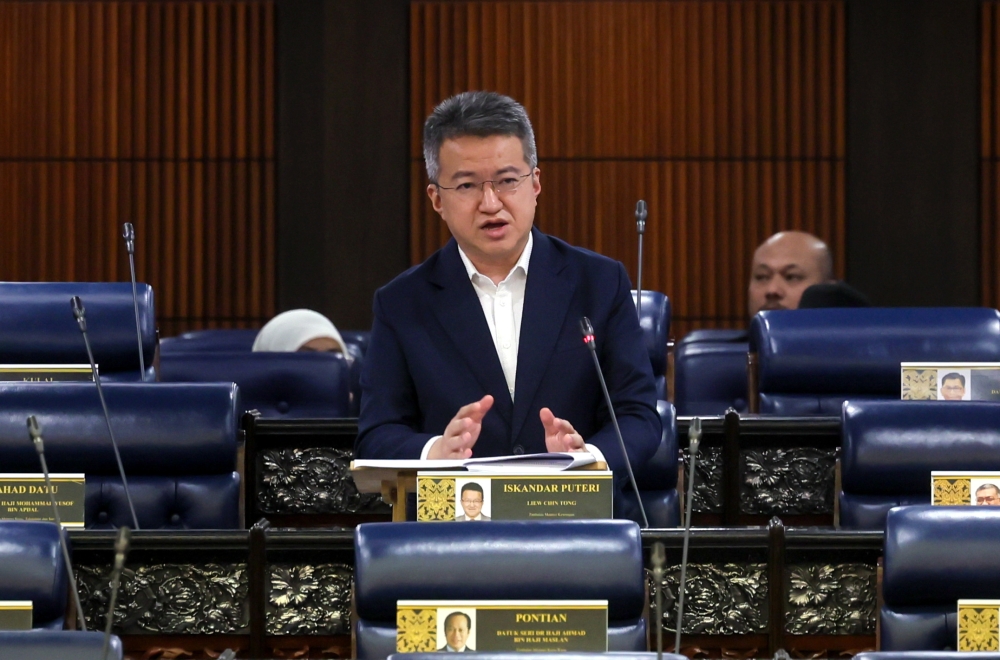
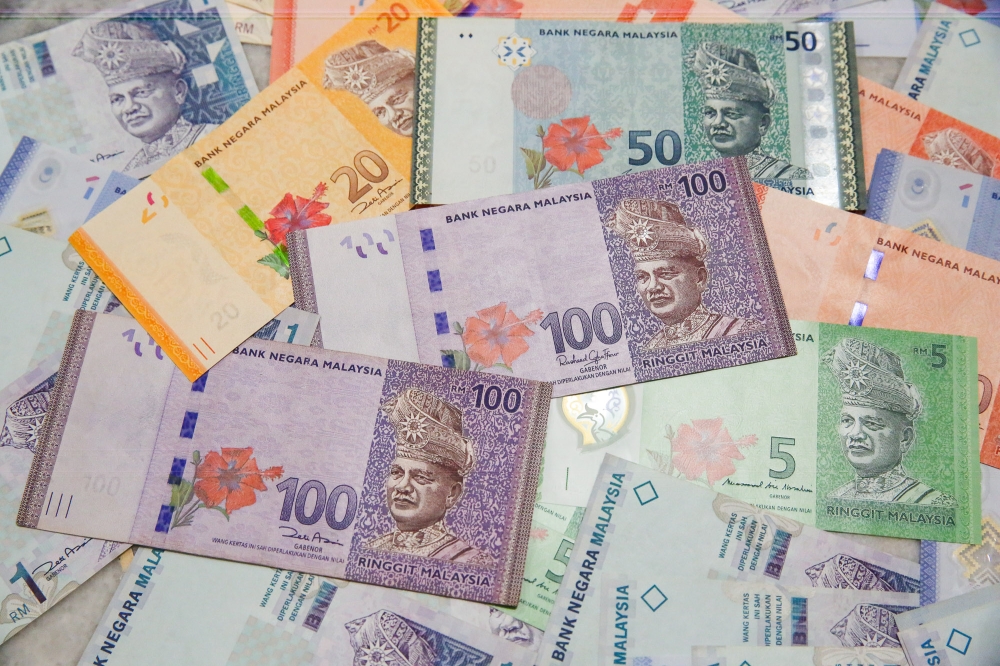
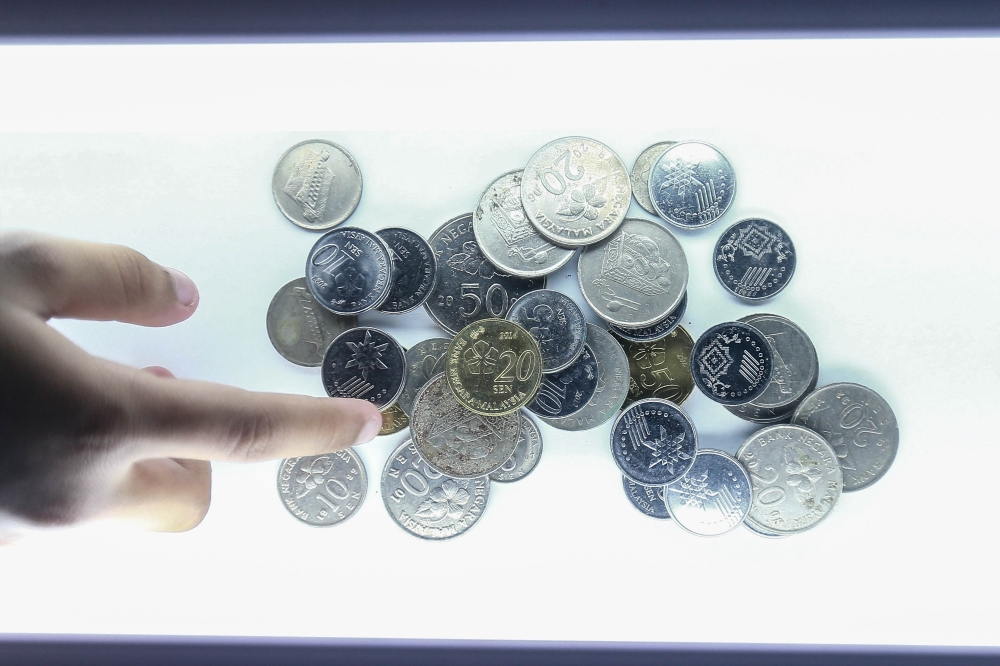
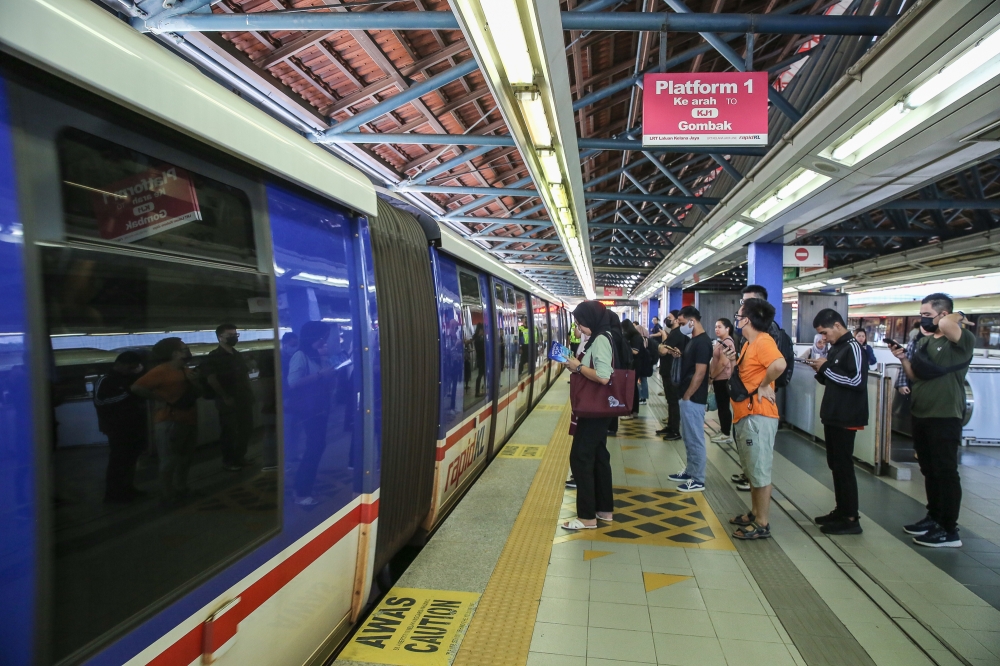
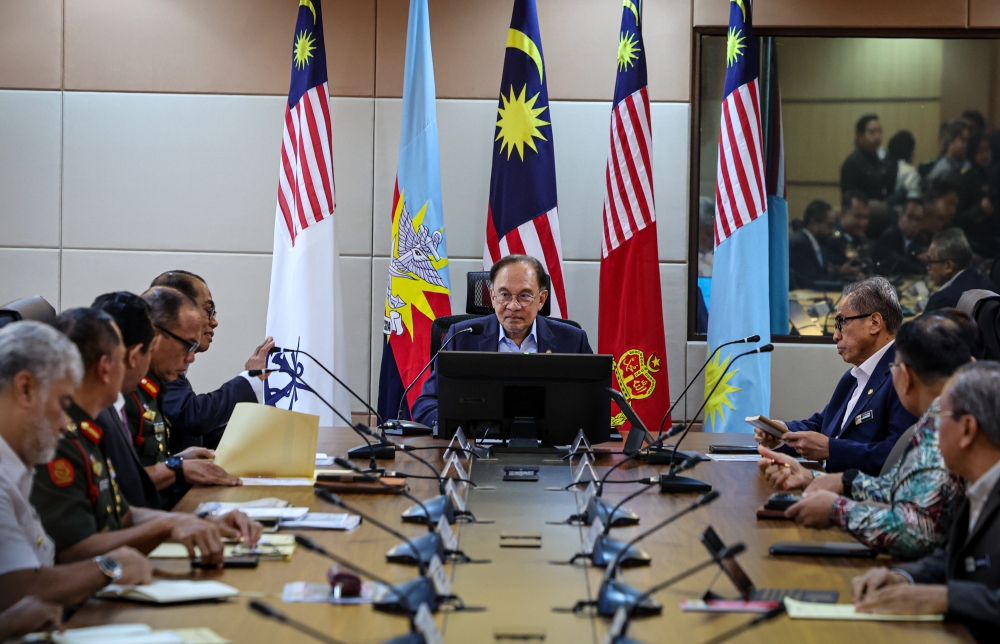
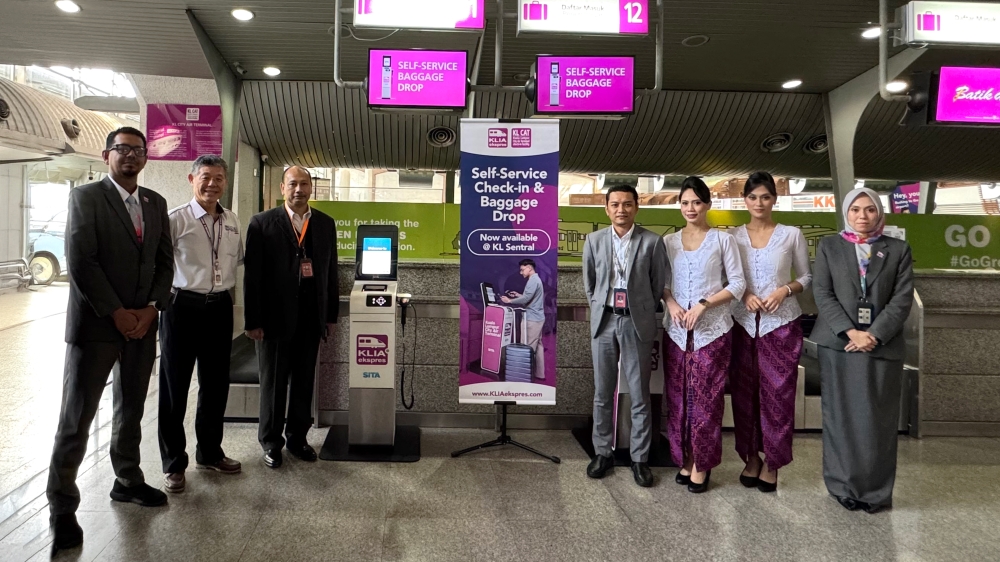
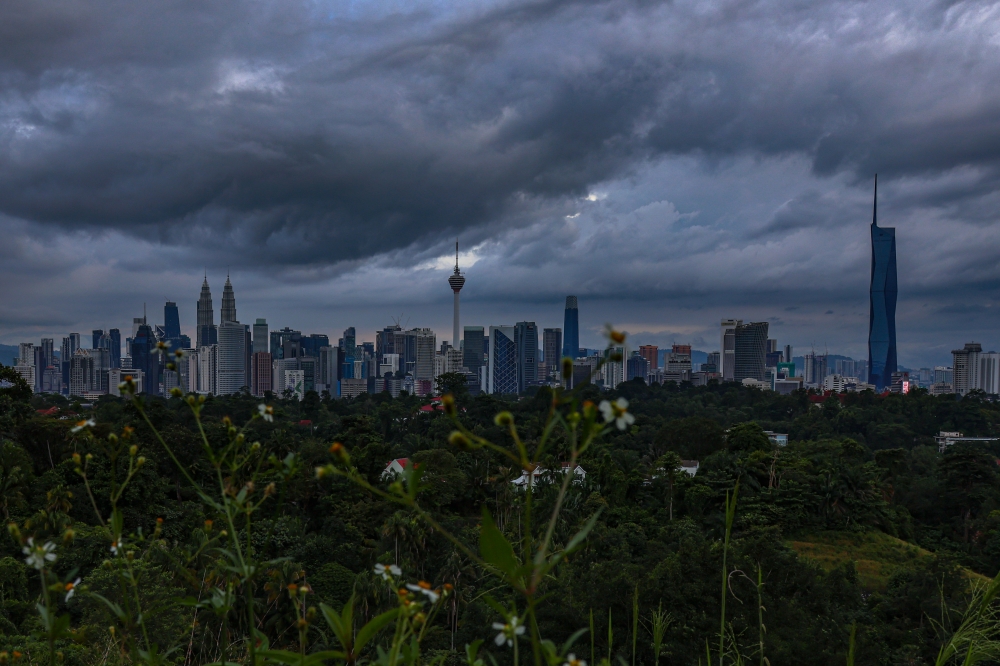
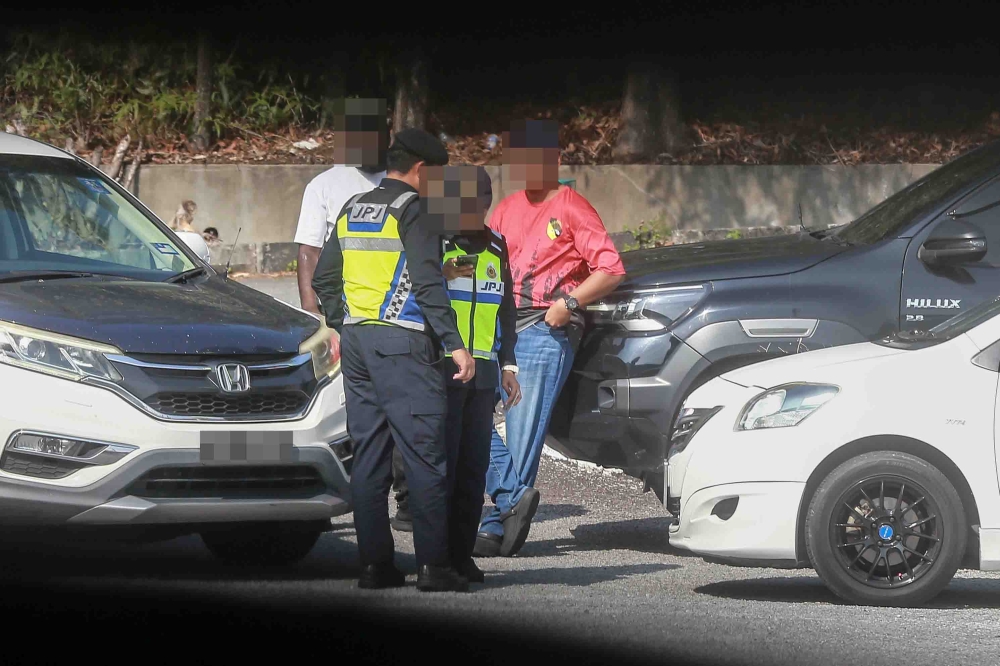
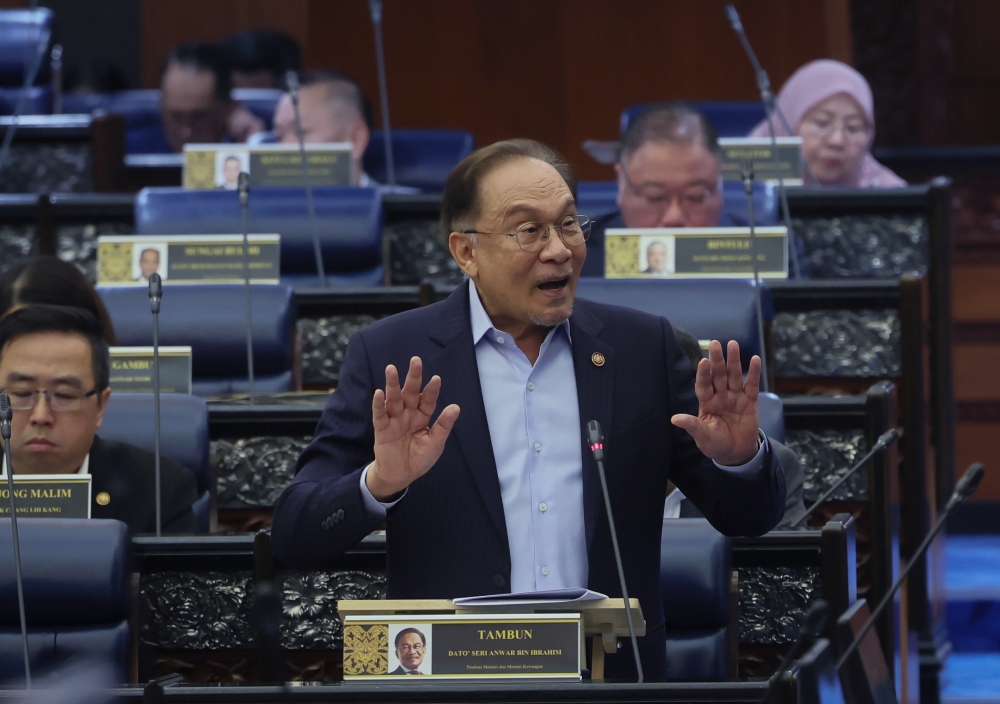
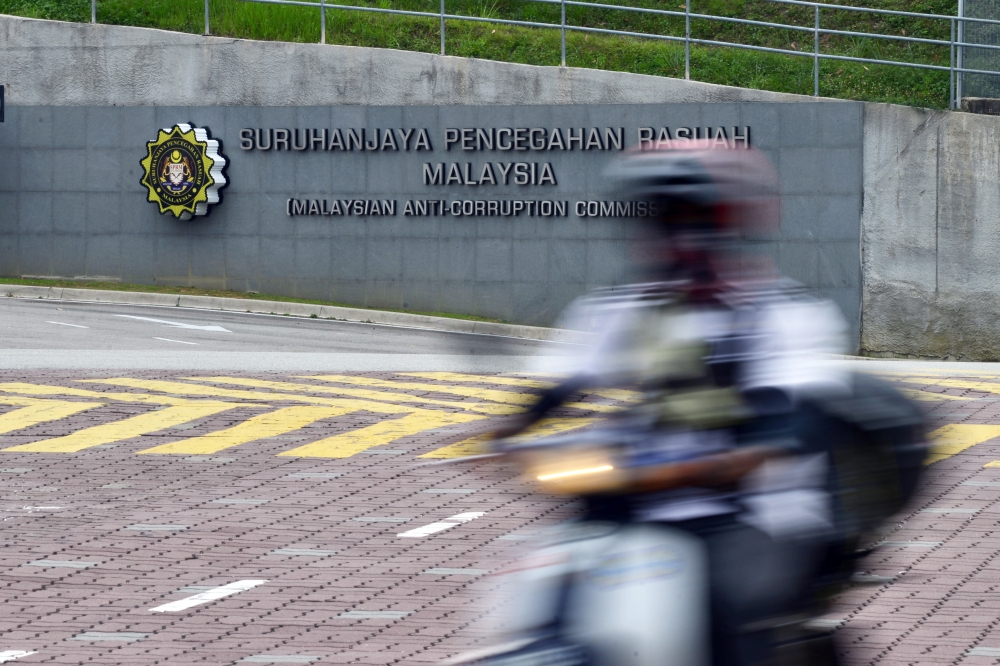
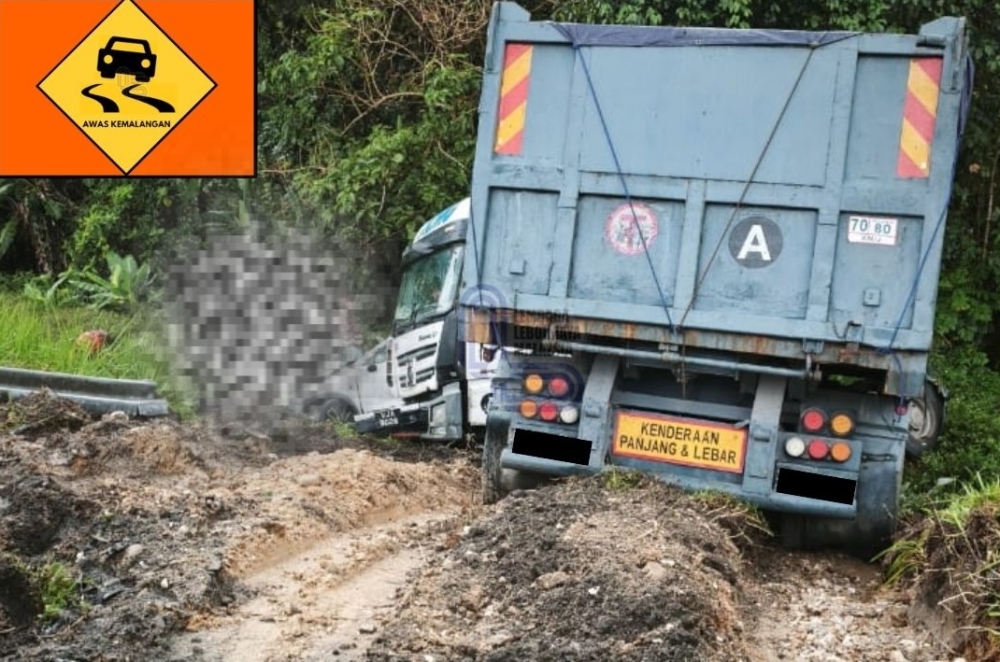
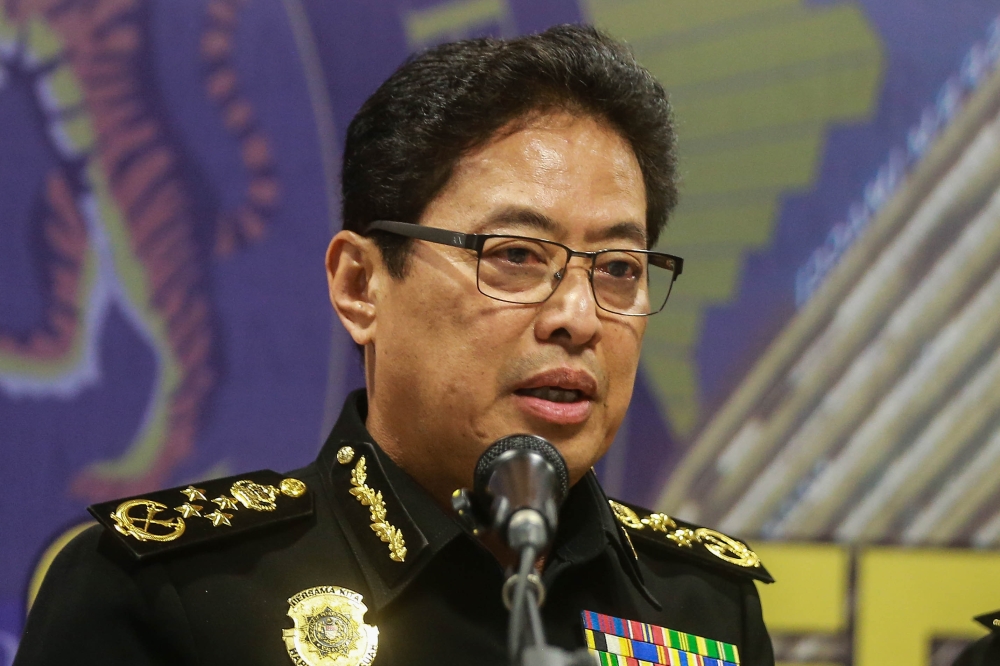
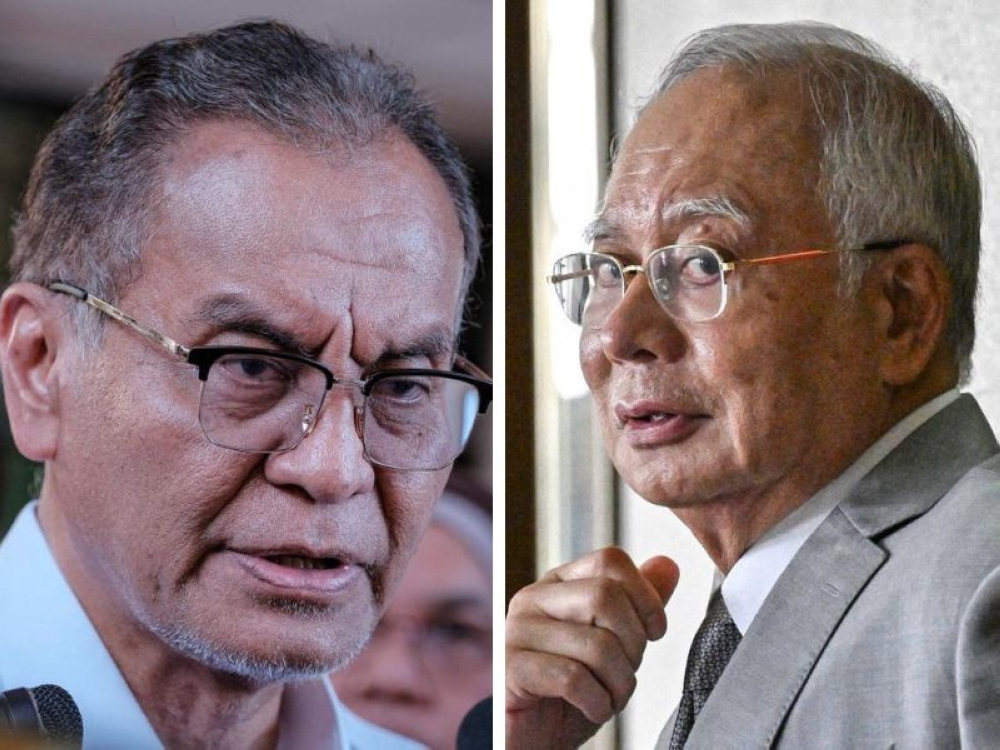
.jpg)
